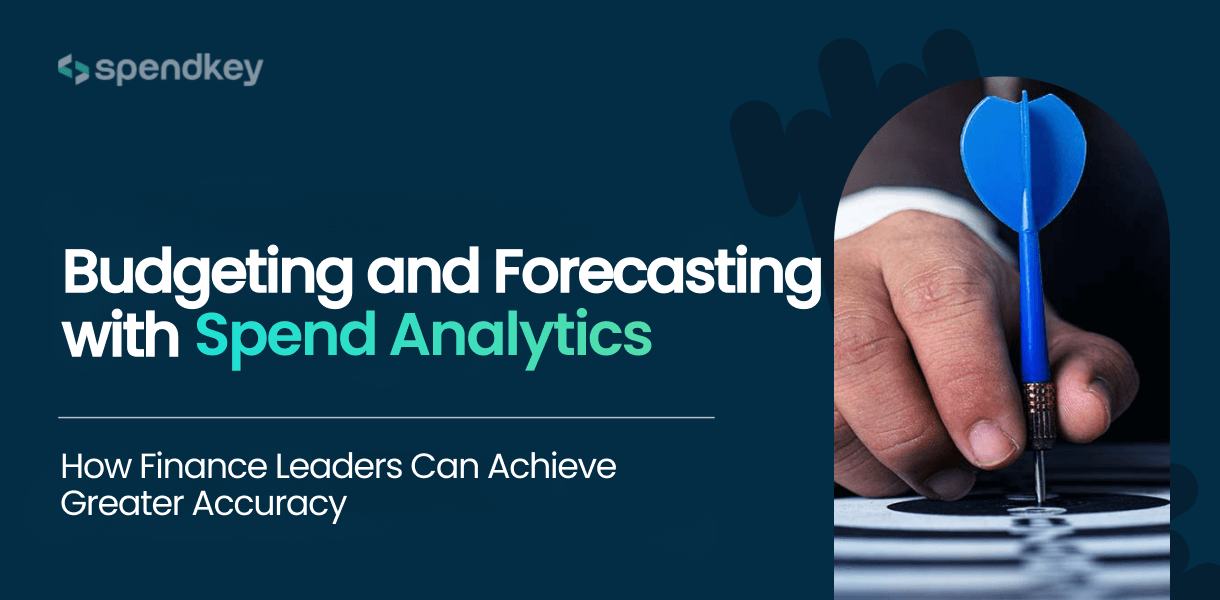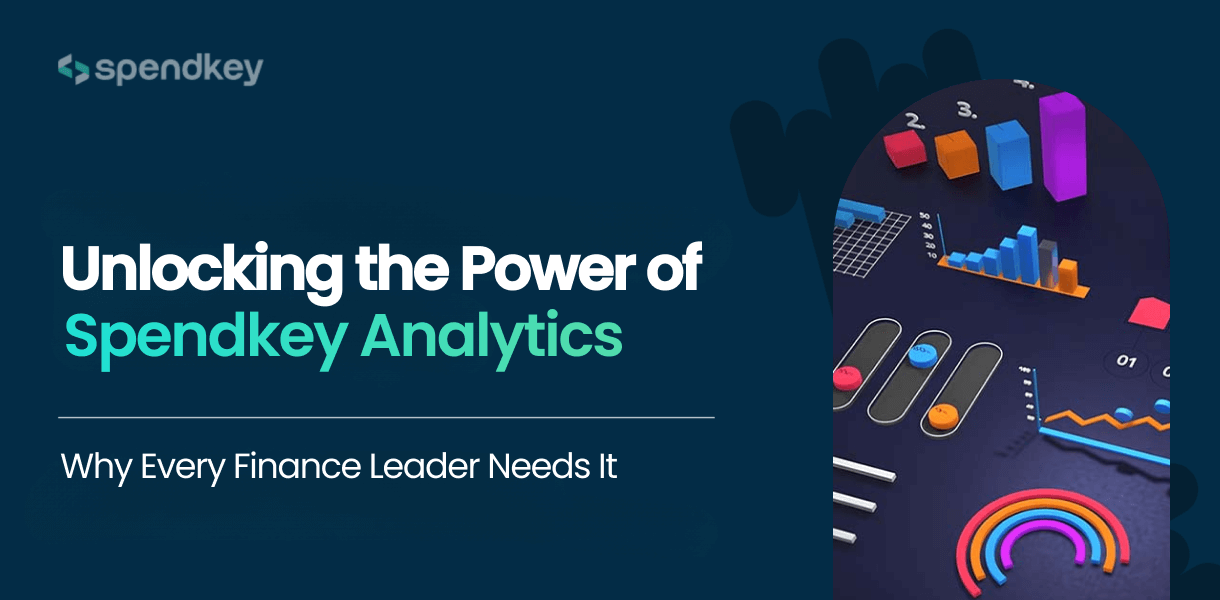Artificial Intelligence & Machine Learning in Procurement


“In today’s technology-driven world, many organisations still view artificial intelligence (AI) with an element of fear and uncertainty. As a result, the tangible benefits that it brings to sourcing and procurement are still largely untapped. But buried within the wealth of raw information that exists in both internal and external systems are critical strategic, customer, and operational insights.” - Deloitte
The introduction of AI & ML in procurement technology has been a game-changer for the sourcing lifecycle, and many procurement professionals striving to be recognised within their organisation as the strategic influencers are already harnessing the benefits of this technology, and for those who are not, it is only a matter of time when they too would embrace it to derive the benefits and improve results.
This guide will teach you how to use your spend data to transform your business for profitable growth.

Download our free Low Risk Low Value (LVLR® ) framework to get complete spend visibility and achieve over 20% reduction in costs.

Download our Category Management Optimiser Checklist that has helped business leaders monitor and improve the effectiveness of their existing spend categories and subcategories enabling them to add millions to their bottom line.

AI in procurement has increased the speed at which data can be collected, analysed and utilised to create meaningful insights and make informed decisions. From spend analytics, data analysis, and data collection AI can collect and analyse all of the data in a fraction of the time it would take to manage manually. In practical terms this means that what was once fragmented, incoherent data sets spread across multiple systems, languages and countries can, with AI in the driving seat, be easily collected, maintained, and analysed into one, uniform and simplified data set.
Artificial intelligence is seen in multiple industries because it can revolutionize process and procedure by merging multiple technologies and driving real-time efficiencies. Its wide range of practical implementation across procurement reduces the manual time and efforts traditionally required to understand and analyze the vast amount of information available. In real terms, this means that AI can be used to monitor and identify potential risk positions across the supply chain, improve supplier management strategies and stronger contract management practices, with sounder cost-saving opportunities, and a more valuable contract library.
Machine learning (ML) is the subset of artificial intelligence (AI) with the most immediate applications within procurement. Machine learning is used across data-intensive processes such as spend analytics where there are millions of unique transactions, coming from invoices, purchase orders or other sources across a myriad of systems and solutions, each with their own relevant data points which do not necessarily correlate with the next. This fragmented and often useless information in isolation, can with ML at the helm, be categorized into high quality, informative data sets, in near real-time. This gives procurement one single source of truth with which they can be empowered to make informed and real-time decisions.
Likewise, AI can improve the contract negotiation phase with existing and new suppliers, resulting in more targeted discussions and relevant interventions which drive higher cost savings.
AI in procurement enables organizations to critically evaluate sourcing opportunities through data driven supplier insights. This enables businesses to create transparency in the supply chain and drive category strategies. In summary, AI- & ML-enabled procurement informs the entire sourcing lifecycle making it more comprehensive and robust.
For more information on AI & ML in procurement and spend analytics contact write to us Spendkey at on : akshay@spendkey.co.uk



With traditional cost-cutting measures failing to drive business growth, finance leaders are discovering a new approach to cost control and growth — one that is focused on data-driven decision-making and continuous improvement.

With Spend Analytics, finance leaders can achieve greater accuracy in their budgeting and forecasting processes, which can lead to improved financial performance for their organisations.

In today's uncertain economic environment, Spend Analytics emerges as a transformative solution for finance leaders to meet the imperative of driving business growth.